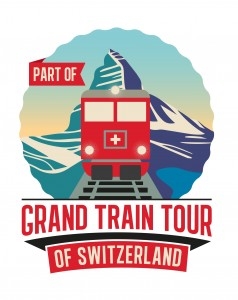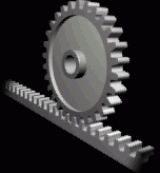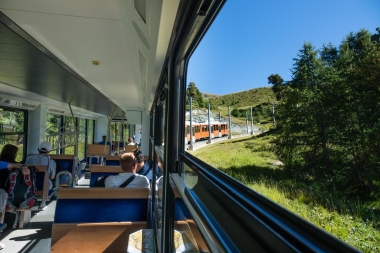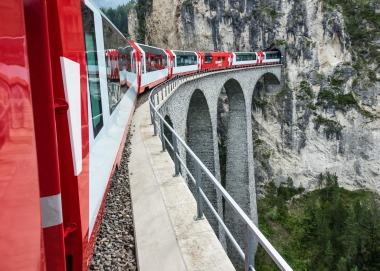- Trips
- Tour Calendar
- About Our Tours
- Plan a Trip
- Book a Trip
- About Us
- Contact Us


Getting around Switzerland is as fun as it is easy. The Swiss Federal Railways (SBB CFF FFS) along with many private railways and bus lines serve the country with Swiss precision and efficiency. Before you arrive and begin your adventure, here are some fascinating tidbits to make your Switzerland travels even more interesting.
.jpg)
.png)

Switzerland, a country just half the size of Lake Superior, has about 3241 miles of railway. About 1860 of those miles are owned by the Swiss Federal Railways, 1240 by private railways, and another 93 miles consists of mountain railway lines (either cogwheel or funiculars).
Switzerland has the densest rail network in Europe—about 196 miles per 1000 square miles. That’s more than 2.5 times the European average. Unlike their surrounding neighbors, the Swiss are continuing to grow their rail network. That network supports 153 trains per network kilometer perday.
Swiss trains are conveniently connected and integrated with other transportation modes and schedules. Your arriving flight, train, bus, tram, are all just steps away from each other, enabling you to get to any of 28,000 points in the country easily.
The Swiss have the highest rail usage in the world. The Swiss Railway Network carries nearly 300 million passengers a year. In a typical year each person in Switzerland covers about 1400 miles and takes an average of 53 rail trips.
Zürich’s main train station, (Zürich HB) is the largest train station in Switzerland. When it opened in 1871 it received four trains per day. Today it’s served by more than 2,900 trains daily with an average of 340,000 passengers each day.
The Swiss love their trains, so it’s no surprise that the most popular museum in Switzerland is the Swiss Transport Museum in Lucerne, where you can explore train locomotives and railcars, as well as automobiles, ships, and aircraft.

The gradient on traditional trains is limited to 7%. However trains fitted with a cogwheel or a rack and pinion system can go much steeper. The world’s steepest cogwheel railway is on Switzerland’s Mt Pilatus where the maximum gradient of the track is 48%.
Early Swiss railway engineers were pioneers in building tunnels, allowing trains to pass through rugged alpine terrain. Today the world’s longest land tunnel is the 21.5 mile long Lötschberg tunnel under the Bernese Alps. In 2016 that tunnel will be superseded with the completion of Switzerland’s 35.4 mile long Gotthard Base tunnel, which will also become the world’s longest rail tunnel.

All-Electric
In 1916 the Swiss Federal Railways decided that electrification of its rail network would use the high-tension single-phase alternating current system that is still used on all routes today. Most of the electricity for the rail network comes from clean, efficient hydro power.
A train journey in Switzerland generates 20 times less CO2 than a car journey on a comparable route. Thanks to SBB's eco friendly transport solutions and its drive to move traffic onto the railways, Switzerland saves five million tonnes of CO2-emissions per year, equivalent to 10% of the country's overall emissions.
Laying track along a spiral incline allows a train to ascend steep terrain within the limits gradient limits of rail. In Switzerland, many of these spirals are built entirely underground as tunnels. Switzerland has more spiral loops and spiral tunnels than any rail system in the world.
Some of the mountains railways in Switzerland employ technology similar to hybrid cars as they capture and store the energy produced in downhill braking. On the Jungfrau Railway, every four trains going down produces enough powers to send one train up.
Always wanting to make the Alps accessible, Switzerland has many trains that reach high mountain settings.

The world’s slowest express train is also the most famous. On its daily 7½-hour route from St. Moritz to Zermatt it goes through 91 tunnels and across 291 bridges. It’s the perfect combination of spectacular scenery and the genius of Swiss railway engineering.This legendary rail journey is a popular feature of Alpenwild's Scenic Alps by Rail tour. The Glacier Express can also be included as a pre- or post-trip excursion on any Alpenwild trip.
Want to experience the Grand Train Tour of Switzerland including all four Swiss linguistic regions, its famous scenic railway jouneys and mountaintop railway excursions? Join Alpenwild's incomparable Scenic Alps by Rail tour, an exclusive guided railway tour though Switzerland offered from May to October.